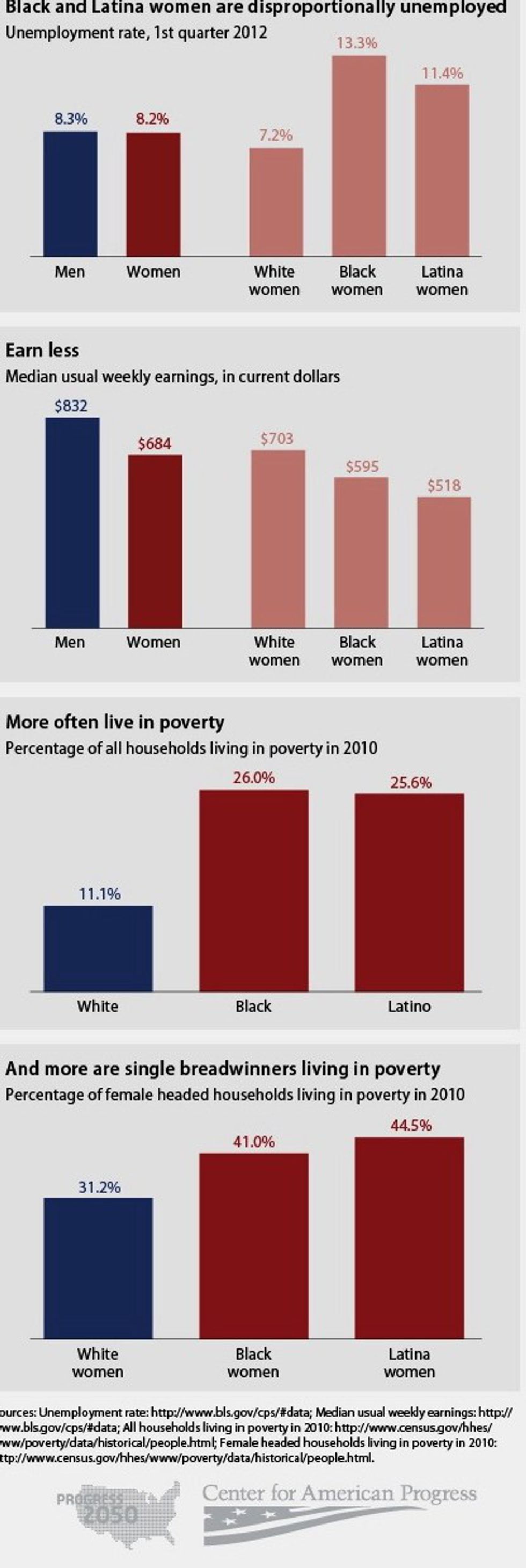I've been told I'm a product of affirmative action, sometimes in a joking manner, other times not. I used to become angry upon hearing such a baseless accusation, but now I find amusement in the assertion. That's because I tend to hear the argument being made by older white people. Older white people who probably have a daughter. Older white people who probably have a daughter who is going to, is attending, or has attended college. Even young white women are opposed to affirmative action policies. According to a 2014 Cooperative Congressional Election Study, 67 percent of young white women are against these types of policies. Ironically, nearly all the significant challenges to affirmative action since the 1978 Regents of the University of California v. Bakke case have been made by white women. Abigail Fisher, Barbara Grutter, Jennifer Gratz, and Cheryl Hopwood are surely all familiar names if you have some knowledge of landmark cases regarding affirmative action. Even more ironic is that white women are actually more likely to oppose such policies when compared to white men.
But, isn't affirmative action intended to solely increase racial diversity in higher education and the workforce? Maybe if we were still living during the Kennedy presidency, but in 1967, President Lyndon B. Johnson amended a 1961 executive order regarding affirmative action in the workforce by President John F. Kennedy which did not mention sex, to include a measure acknowledging that women also experience discriminatory barriers to equal opportunity.
Okay, so women are included in affirmative action policies, but where is the evidence that they benefit more from such policies? Admittedly, it can be difficult to find, but persistent research shows that the evidence is abundant. A 1995 study found that at least six million women, the "overwhelming majority of them white", would not have the jobs they had but not for the inroads created by affirmative action policies. Additionally, here's an infographic showing the rather large discrepancies between white women and women of color in numerous facets.
If you would like more statistical evidence for the assertion I've made, I would encourage you to do your own exploration on the topic. For starters, the best articles can be found here, here, here, here, and here. And yes, I did make it a point to include an excessive amount of sources to prove my point that there is a considerable amount of evidence and support for the argument I'm making.
But, why is all of this important? Well, as I mentioned earlier, the most outspoken and most numerous opponents of affirmative action are white women. One of the main reasons for this seemingly conflicting belief is due to white women being more similar to white men than women of color in terms of their positionality in the United States. The above infographic is useful in visualizing this. So, like their male counterparts, women like Abigail Fisher feel entitled to a place at prestigious universities despite poor academic performance. Still clearly not all white women perform poorly or are rejected from their top schools, so what explains the broader trend of opposition to affirmative action among white women?
There are a lot of potential assertions to be made; some may view remedies to racism and sexism as unnecessary, some may simply not be aware of the evidence, and some may not understand the more intricate and long-term ways in which affirmative action benefits them.
No matter the reasoning, it is important for white women to recognize their privileged position in society, and understand that affirmative action has played an integral role in their numbers in education and the workforce.
So, middle-aged white parents mad at me for attending a top liberal arts college, I'm no more a product of affirmative action than your own daughter is. And that doesn't mean label your daughter, or yourself, as a product of affirmative action, it simply means understand the necessity of such programs. Increasing racial and gender diversity in higher education and the workforce has benefits for both the individual and their school, workplace.






















